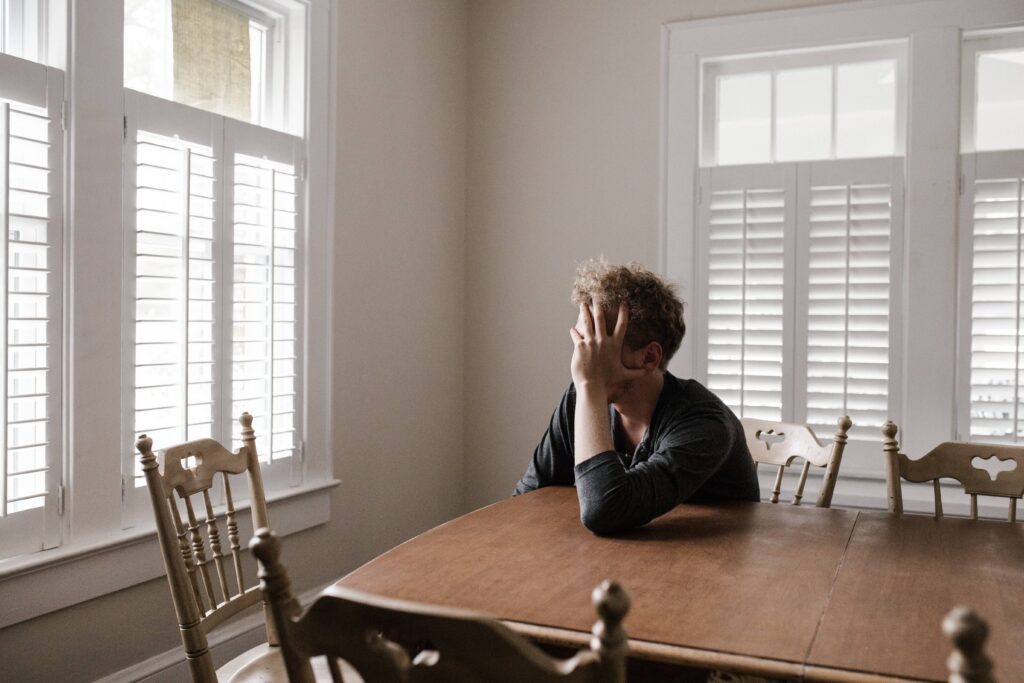By Aleksandra Vayntraub // SWNS
NEWS COPY W/ VIDEO + INFOGRAPHIC
Seven in 10 Americans are “anxious” over the thought of returning to their pre-pandemic lives.
That’s according to a new study of 2,000 U.S. respondents, which examined what impact the COVID-19 pandemic might have on the long-term mental health of respondents.
Among those polled, large crowds (61%), maskless faces (46%) and people sneezing or coughing (43%) all ranked high on the list of potential post-pandemic anxiety triggers.
Nearly two-thirds of respondents even said they’ll continue wearing masks after the pandemic due to anxiety about germs.
Conducted by OnePoll on behalf of Hims & Hers, the study revealed that more than half of respondents (54%) would like to speak to a mental health professional before returning to their pre-pandemic life.
More than three-quarters said they haven’t wanted to be forthcoming with loved ones because they don’t want to be an “emotional burden,” as many are suffering this year.
As a result, people have adjusted their language to lighten how they’re really feeling, using phrases like “I’m fine” (53%) and “hanging in there” (36%).
But while 74% of people appreciate that others confide in them, they also said it's a lot to handle emotionally during this uniquely stressful time.
And half of respondents have considered therapy for the first time in their life during the pandemic.
“Confiding in a licensed mental health professional has numerous advantages; for one thing, it’s a neutral zone where you can share your concerns with someone who is able to provide you with tools and guidance that can help to make you feel better,” said a spokesperson for Hims & Hers. “Often, people downplay how they’re feeling or don’t seek the care they need because of many roadblocks — one of which being the shame they feel about their mental health due to it unfortunately still being so stigmatized. With that said, we’re really encouraged to see the results of this survey in terms of people being more open and understanding about seeking mental healthcare as we navigate our way through the pandemic.”
The pandemic has altered people’s perceptions of therapy, with 35% saying they’ve become more open to it and 34% admitting they’re less judgmental of those who may need it.
Of those who already tried therapy (about 700 respondents), 87% now prefer online therapy to in-person sessions.
Moreover, nine in 10 of that same group said online therapy can be just as helpful as in-person therapy.
And 46% said they’d be more likely to try therapy because of the conveniences online therapy offers, such as being able to maintain social distancing (59%), not having to travel to therapy (47%) and being comfortable in their own space (45%).
“The conveniences associated with online therapy are undeniable,” the spokesperson added. “It’s great to hear that people are more accepting of seeking mental healthcare, but also that they are finding online therapy to be just as helpful as in-person therapy, and even preferable in some cases because of the convenience it offers. More and more businesses are doing the important work of meeting people where they are and offering what works best for them, and that needs to be the status quo with healthcare, too. Being a part of the wave of digitization when it comes to mental healthcare is incredibly rewarding, especially considering the shift we’re seeing in people's perceptions about therapy.”
